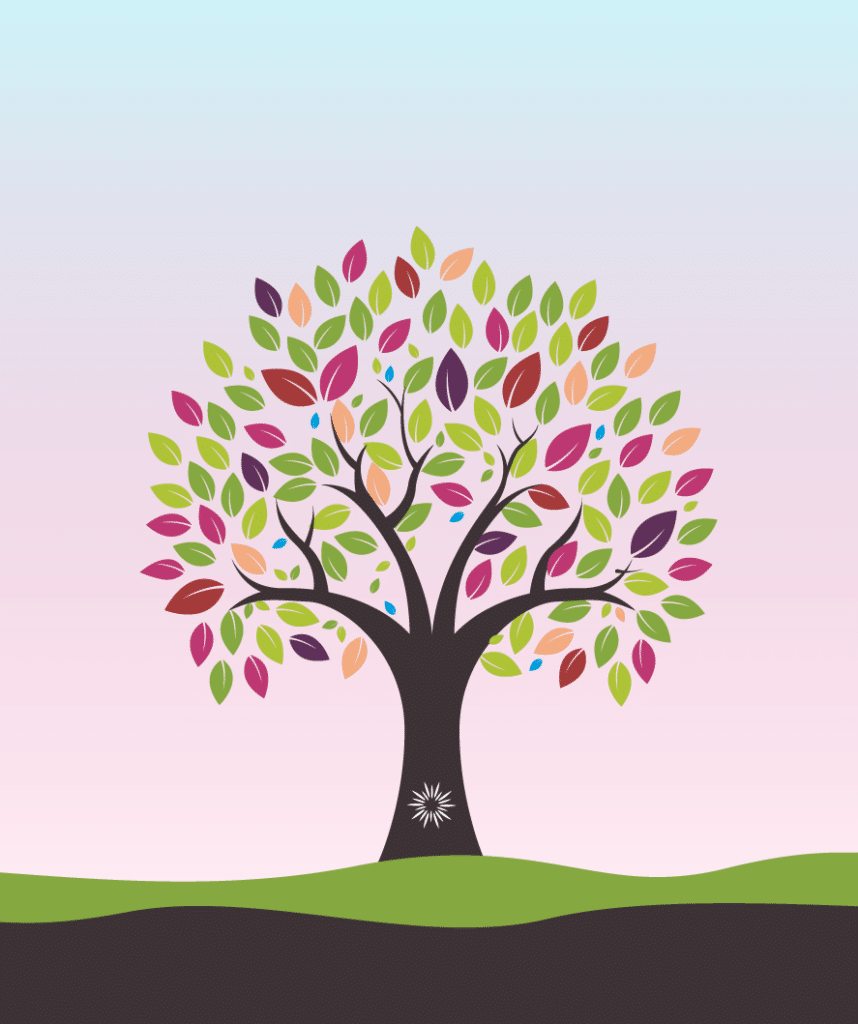What Is Peer Support?
Peer support is when people use their own firsthand experiences to help others facing similar challenges. At DBSA and among the wider mental health and substance use communities, peer support refers to individuals living in wellness after facing their own issues with mood disorders, trauma, or substance use, who have received professional training to support others living with similar challenges.
These dedicated individuals draw from their own experiences to offer a unique perspective and a depth of empathy that traditional approaches often lack. Through their guidance and mentorship, they serve as beacons of hope, guiding others toward the light of recovery.
While we believe wholeheartedly in the tangible benefits of peer support, research* also underscores the profound impact of peer support on mental well-being, including increasing individuals’ sense of hope, happiness, control, self-esteem, community, and decreasing levels of depression and psychosis.
Peer support among individuals living with mood disorders has been shown* to:
- Reduce hospitalization rates
- Reduce days spent in inpatient care
- Reduce the overall cost of mental health services
- Increase the use of outpatient services
- Increase quality of life outcomes
- Increase engagement rates
- Increase whole health
As the evidence mounts, affirming the efficacy of peer support across diverse demographics, the importance of this paradigm becomes increasingly evident. Peer support isn’t merely a concept; it’s a lifeline, offering sanctuary amidst the storm and guiding individuals to community, wellness, and hope.





 Find Wellness
Find Wellness Find Hope
Find Hope Invest In DBSA’s Roots; Invest in Peer Support
Invest In DBSA’s Roots; Invest in Peer Support